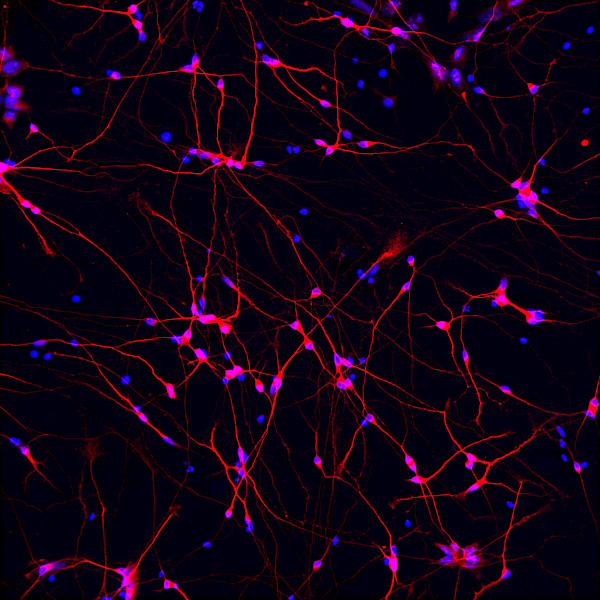
Epilepsy affects approximately 1% of the population and one in 200 children. Functional disruption in many epilepsy-related genes alters mechanistic target of rapamycin (mTOR) pathway signaling, which has been implicated not only in epilepsy but also in brain malformations and autism. The respective influences of growth factors and amino acids converge on the mTOR complex 1 (mTORC1) pathway through distinct upstream mediators. On one hand, growth factors activate mTORC1 through regulation of the tuberous sclerosis complex (TSC), which has demonstrated roles in the regulation of brain development and neuronal activity. In contrast, amino acids activate mTORC1 through GATOR complexes that include DEP domain-containing 5 (DEPDC5). Human pathogenic variants in the DEPDC5 gene are implicated in epilepsy and malformations of cortical development, yet the mechanisms underlying DEPDC5 function remain to be rigorously examined in the brain. Thus, it is essential to define the mechanistic role of DEPDC5 in neuronal signaling, which will deliver novel insights into the role of DEPDC5 in brain development and shed light on the potential of modulating nutrient signaling for the treatment of epilepsy. Chris Yuskaitis, MD, PhD & his group within the lab are working to establish in vivo and in vitro Depdc5 knockout models and address a crucial knowledge gap by defining the impact of DEPDC5 loss on neuronal signaling and brain development. Ultimately, the results of these experiments should also lead to precision therapeutics for patients with DEPDC5-associated conditions and other mTORopathies.